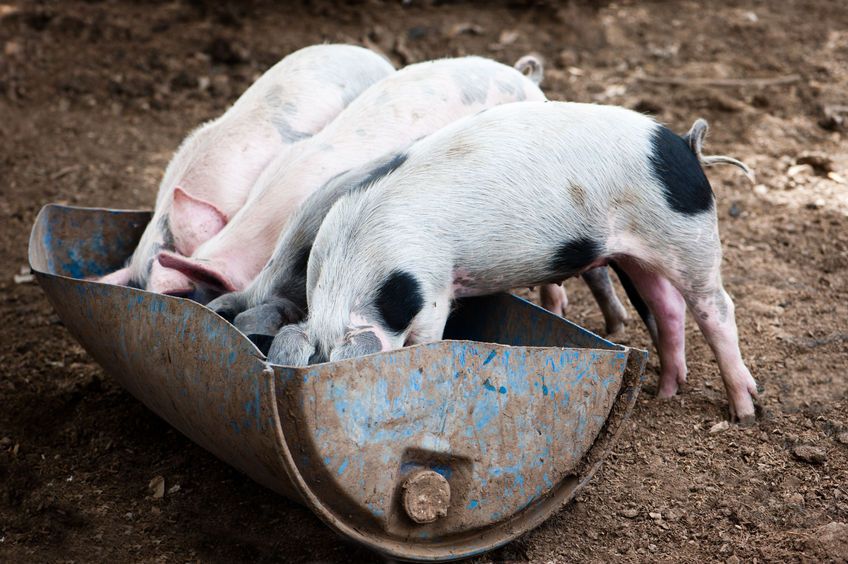
Animal welfare on EU farms remains inadequate as a new report finds Member States routinely tail dock pigs and ignore rules on long-distance livestock transport.
EU auditors visited five Member States - Germany, France, Italy, Poland and Romania - and found that "weaknesses persist" in relation to farm animal welfare.
There are issues on how animal welfare laws are implemented on the ground, even though the EU has some of the world’s highest animal welfare standards.
Member States generally act on recommendations from the European Commission, say the European Court of Auditors (ECA), but can take a long time to do so.
Auditors concluded that action was successful in some areas, but that there were still weaknesses in compliance with minimum standards.
In particular, auditors found persistent weaknesses including the routine tail docking of pigs, a lack of compliance with rules on long-distance transport and the transport of unfit animals, and the use of stunning procedures at slaughter.
One Romanian farm observed had evidence of tail docking, but was simultaneously receiving EU funding to improve animal welfare.
A French slaughterhouse visited by the auditors used an alternative method for stunning calves, called occipital stunning, as opposed to the EU-approved frontal stunning.
The report says that welfare aspects of stunning indicates that frontal stunning induces reliably effective stunning, whereas with occipital stunning there is a risk that it may be misdirected.
This would result in shooting in the nape of the neck, which gives unsatisfactory results, the auditors say. The commercial advantage of the alternative method is that there are fewer brain lesions and bone splinters, allowing for better marketing of the brain.
The Common Agricultural Policy (CAP) links farm payments to minimum levels of animal welfare, while rural development policy encourages farmers to pursue higher standards.
For 2014-2020, 18 Member States have allocated €1.5 billion to animal welfare payments under rural development.
As the UK leaves the EU next year, Defra Secretary Michael Gove said the UK will be a "beacon" of higher animal welfare and environmental standards.
